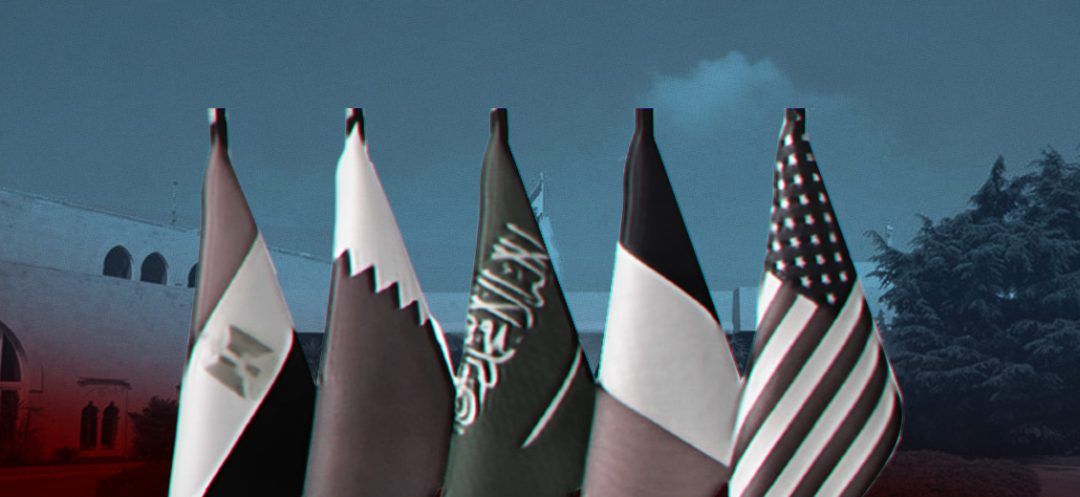
The Quintet Committee, which includes the United States, Saudi Arabia, France, Qatar and Egypt is not expected to launch any initiative before the second half of September. This has become clear based on information indicating that the meeting between French presidential envoy Jean-Yves Le Drian and Nizar al-Alaoula, an advisor to the Saudi Royal Court, resulted in an agreement to convene the committee at the ambassadorial level in Beirut on September 14. The decision on whether Le Drian will visit Beirut will depend on the outcome of that meeting.
Sources indicate that, so far, no progress has been made on potential solutions to the presidential dossier, as the Amal-Hezbollah duo and their allies remain committed to House Speaker Nabih Berri's proposal for pre-election dialogue or consultation.
While the idea of a dialogue is firmly rejected by the Lebanese Forces (LF), Berri insists on the need to include the LF in any dialogue.
Alongside the anticipated actions of the Quintet Committee, local efforts are ongoing to resolve the presidential deadlock. Reports indicate that the Speaker of the House has been presented with a proposal to engage with the LF and the Free Patriotic Movement (FPM). The plan involves submitting two lists of candidates—one from each side—which would then be met with a counter-list from the Shiite duo. Indirect negotiations would follow in an attempt to reach a consensus on a candidate. If an agreement is achieved, it would be formalized in an electoral session; if not, an open-ended session with successive rounds would be held until a president is elected.
This proposal was not welcomed by Berri, who suggested that the LF and the FPM propose one candidate each. The response was that the two Christian parties will then remain steadfast in their support of former minister Jihad Azour’s candidacy.
The path to resolving the presidential deadlock remains obstructed. It seems that agreeing to dialogue or consultation under House Speaker Berri’s leadership could be the key to finding a solution. Such an agreement might lead the Shiite duo to reconsider their strong support for Marada Movement leader, Sleiman Frangieh as the sole presidential candidate, especially if they come to concede that efforts to advance his candidacy are proving to be fruitless.
Sources indicate that, so far, no progress has been made on potential solutions to the presidential dossier, as the Amal-Hezbollah duo and their allies remain committed to House Speaker Nabih Berri's proposal for pre-election dialogue or consultation.
While the idea of a dialogue is firmly rejected by the Lebanese Forces (LF), Berri insists on the need to include the LF in any dialogue.
Alongside the anticipated actions of the Quintet Committee, local efforts are ongoing to resolve the presidential deadlock. Reports indicate that the Speaker of the House has been presented with a proposal to engage with the LF and the Free Patriotic Movement (FPM). The plan involves submitting two lists of candidates—one from each side—which would then be met with a counter-list from the Shiite duo. Indirect negotiations would follow in an attempt to reach a consensus on a candidate. If an agreement is achieved, it would be formalized in an electoral session; if not, an open-ended session with successive rounds would be held until a president is elected.
This proposal was not welcomed by Berri, who suggested that the LF and the FPM propose one candidate each. The response was that the two Christian parties will then remain steadfast in their support of former minister Jihad Azour’s candidacy.
The path to resolving the presidential deadlock remains obstructed. It seems that agreeing to dialogue or consultation under House Speaker Berri’s leadership could be the key to finding a solution. Such an agreement might lead the Shiite duo to reconsider their strong support for Marada Movement leader, Sleiman Frangieh as the sole presidential candidate, especially if they come to concede that efforts to advance his candidacy are proving to be fruitless.
Read more



Comments